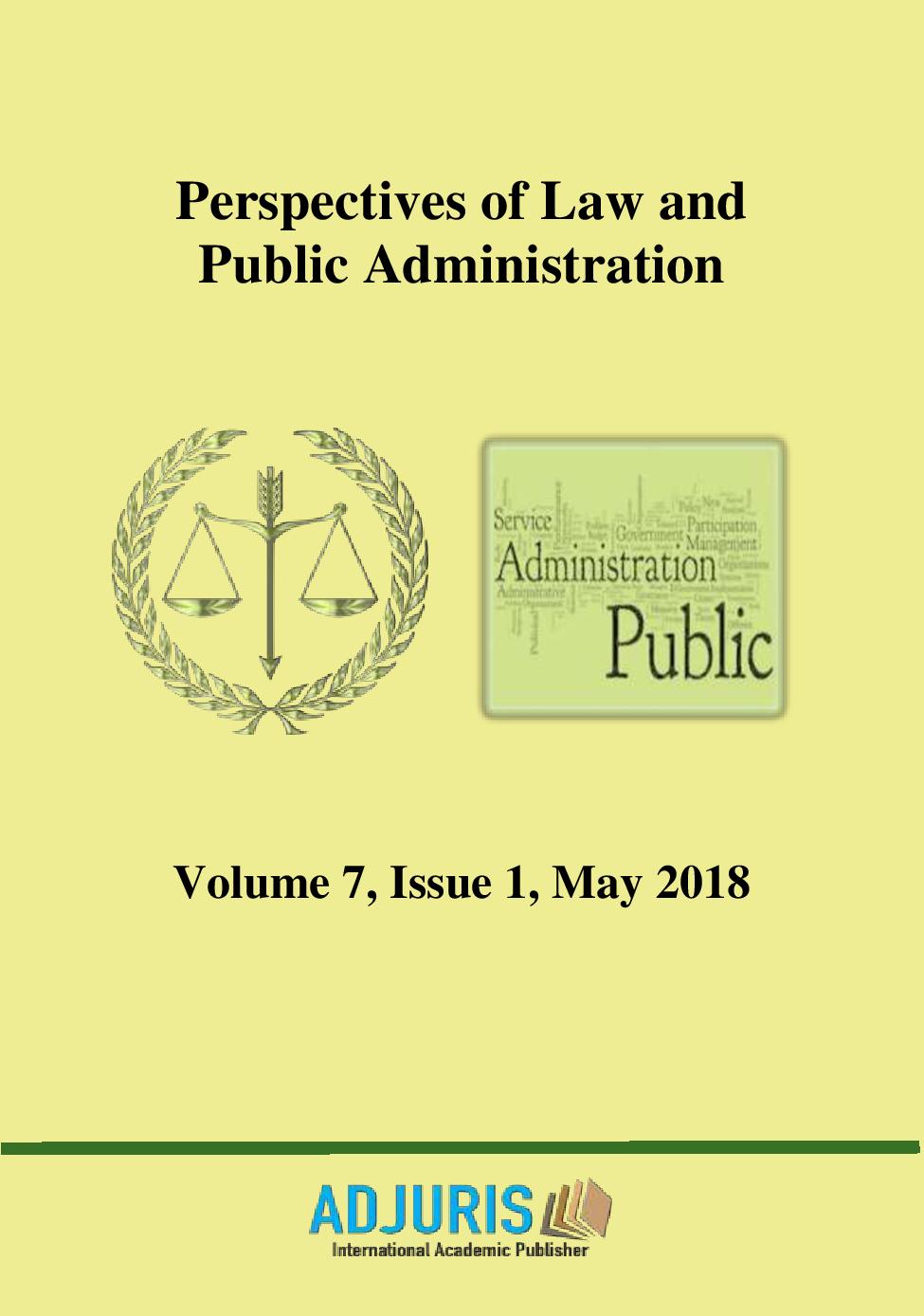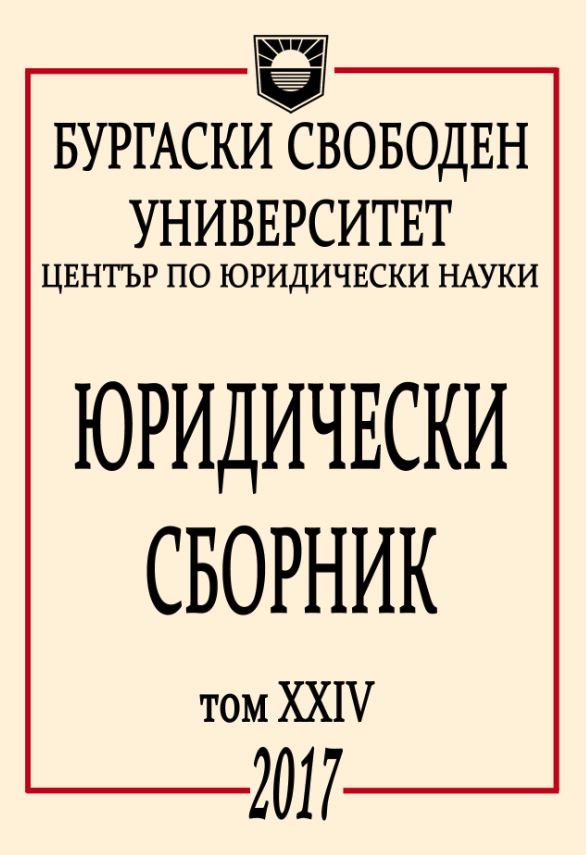
Дослідницька програма економічного аналізу освітнього права
In the paper, possibilities and prospects for the application of general principles of economic analysis of law to the education law of Ukraine are discussed. A research program for economic analysis of education law was proposed and the main tasks within that program were defined.
More...

